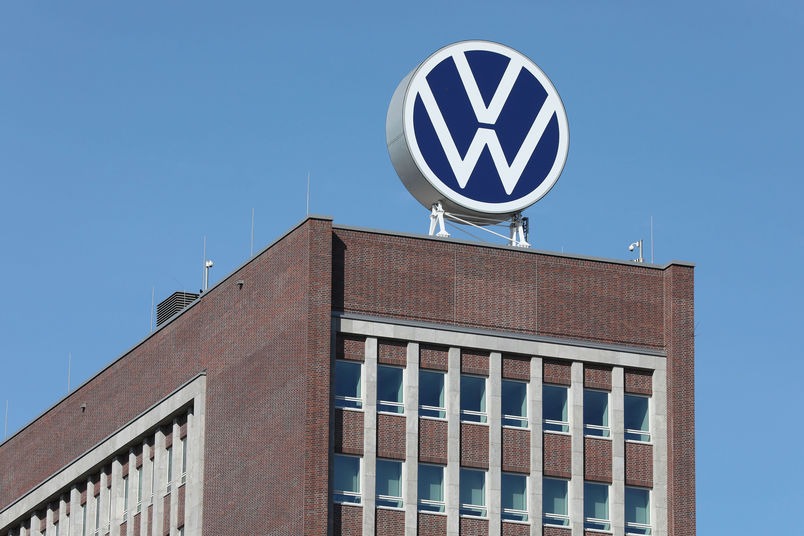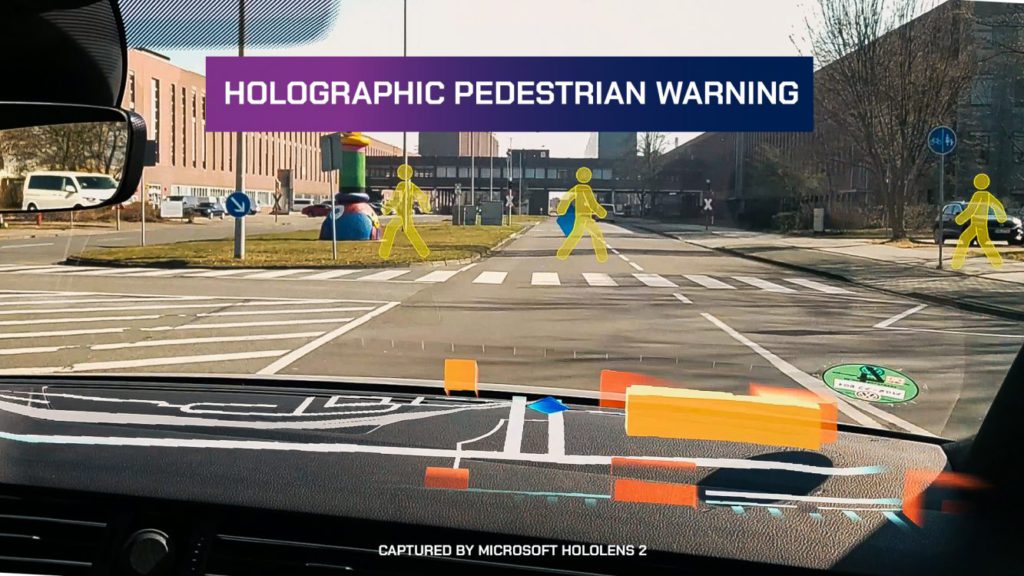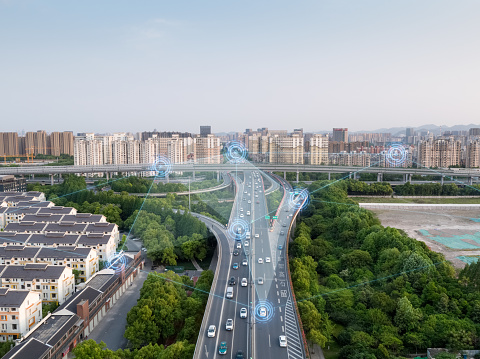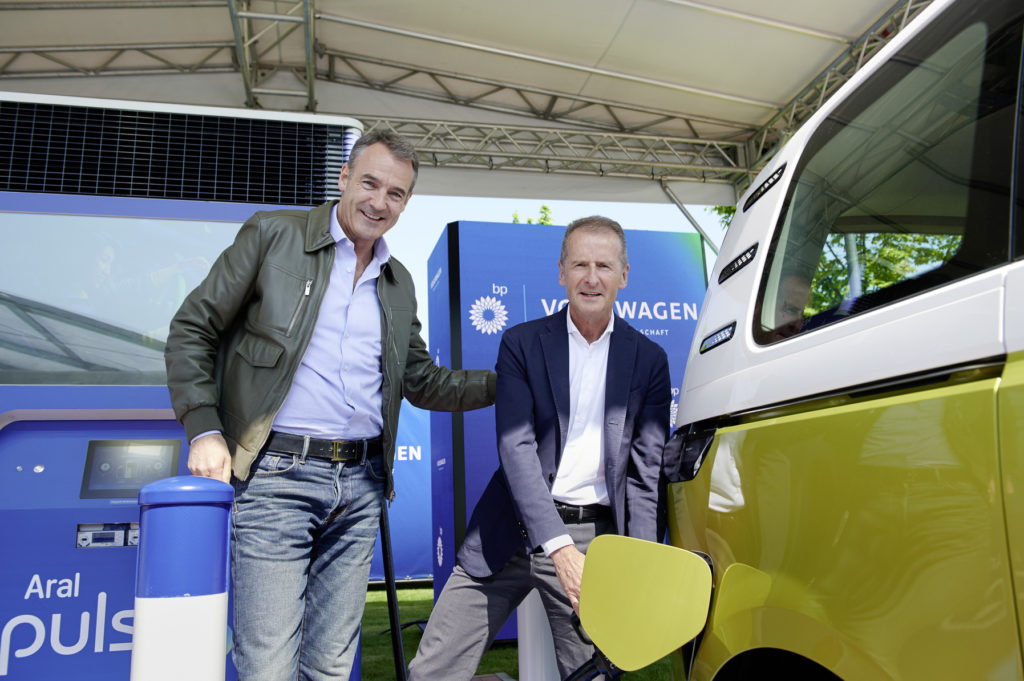Volkswagen Group reaches ‘Dieselgate’ settlement with claimants in England and Wales
26 May 2022

Volkswagen (VW) Group has reached an out-of-court settlement with litigation claimants from England and Wales in relation to the Dieselgate scandal.
Although the terms and conditions of the settlement are confidential, VW Group has confirmed payment of £193 million (€227 million). A separate contribution is being made by the German carmaker towards legal costs and other fees.
‘No admissions in respect of liability, causation, or loss have been made by any of the defendants in the group action as part of the settlement,’ VW Group stated. ‘In Volkswagen’s view, the legal costs of litigating this case to a six-month trial in England, and then in relation to any further appeals by either party, were such that settlement was the most prudent course of action commercially.’
Around 91,000 claims were made as part of the Volkswagen NOx Emissions Group Litigation. These were brought against various VW Group dealer entities in England and Wales, by law firms Slater and Gordon, Leigh Day, and PGMBM, the latter of which was the court-appointed steering committee representing all of the claimants in the conduct of the litigation. Slater and Gordon and Leigh Day were appointed the co-lead solicitors.
‘The Volkswagen Group is pleased that we have been able to conclude this long-running litigation in England and Wales,’ said Philip Haarmann, chief legal officer of Volkswagen AG. ‘The settlement is another important milestone as the Volkswagen Group continues to move beyond the deeply regrettable events leading up to September 2015.’
The settlement figure suggests an average payment of around £2,120 per claimant, although this total may be subject to fees agreed between those making the claim and their representatives. VW Group is not distributing the compensation directly but will allocate the funds to the various solicitors involved.
Slater and Gordon CEO David Whitmore commented: ‘I am immensely proud of this result. Over the last five years, we have rightly dedicated a significant and unwavering commitment to this case, providing an expert voice to around 70,000 claimants. The settlement avoids the need for a lengthy, complex and expensive trial process and we are delighted to have achieved this settlement for our customers as a result of the group action.’
The Dieselgate scandal
In 2015, Volkswagen Group was found to have installed two-mode software in diesel vehicles registered from 2009 onwards, enabling emissions manipulation during engine testing. The software, also known as a ‘defeat device’, recognised when a vehicle was on a test by sensing certain parameters and reacted by reducing the amount of nitrogen oxide (NOx) produced. Once outside a test environment, the software returned the diesel engine to its normal running, with higher levels of NOx emitted.
At the time, diesel was the most popular fuel-type in Europe, with a number of governments championing its low CO2 emissions. In the UK, favourable vehicle excise duty (VED) rates were given to diesel vehicles, enticing many drivers to make the switch. Since the Dieselgate scandal, the diesel market has collapsed, with registrations in the UK now behind petrol, hybrid, and battery-electric vehicles.
The issues were first highlighted by the US Environmental Protection Agency (EPA) and led to the carmaker paying a $30 billion (€28.8 billion) fine. Since then, the company has faced countless claims from drivers.
During 2020, Germany’s highest court for civil disputes, the Bundesgerichtshof (BGH), ruled that VW had to pay €28,000 in compensation to a motorist who bought a diesel-powered vehicle fitted with emissions-cheating software. This set a benchmark for roughly 60,000 other cases in the country, and came after talks over a settlement agreement of €850 million between the carmaker and legal firms broke down due to demands for an extra €50 million to carry out payments to claimants.
In the same year, a Prague district council granted a number of Czech drivers of Skoda and VW vehicles compensation amounting to 533 million Czech Koruna (€20.8 million) in relation to the Dieselgate scandal.
Electrification drives away diesel blues
VW Group has been focusing more on electric vehicles (EVs) since Dieselgate, looking towards a zero-emission future. It has launched the new ID. range of vehicles, while also electrifying other models in its portfolio.
The carmaker will also establish six gigafactories in Europe with a total production capacity of 240GWh by 2030. There are also plans to expand its public fast-charging network, having announced cooperation with BP in the UK, Iberdrola in Spain, and Enel in Italy.
Speaking to the Autovista24 Podcast last year, Mike Orford, head of press and PR at Volkswagen UK said: ‘Following the events of 2015, which are well documented, the company looked at plans for the future. We were starting on the path to electrification at that point anyway, but in the following year, at the Paris Motor Show, we launched the ID. concept. That was the start of our full strategy, until that point, we only had electric versions of existing cars. The concept presented a dedicated electric-vehicle platform, the MEB, which is so important to us now. It is the third chapter of Volkswagen.’


